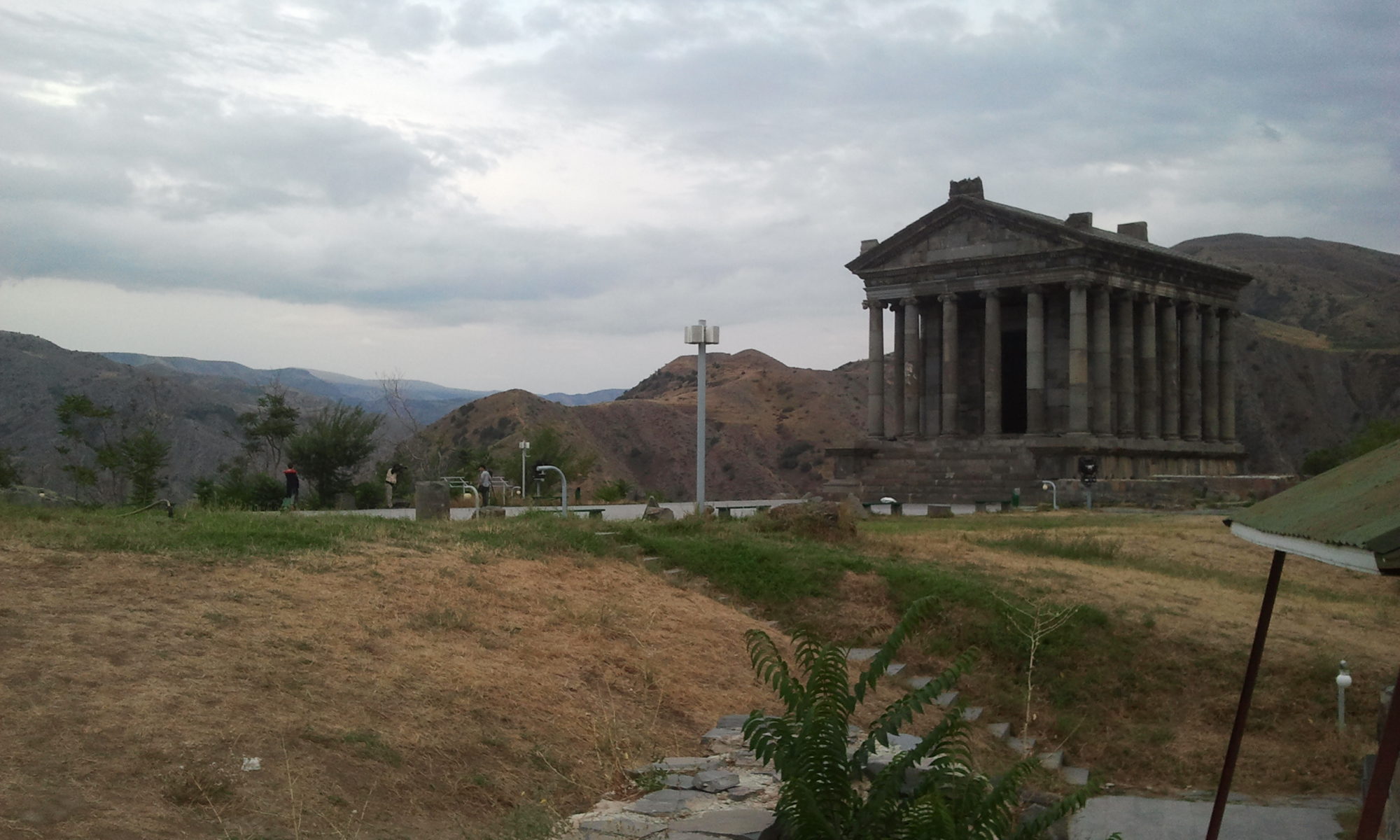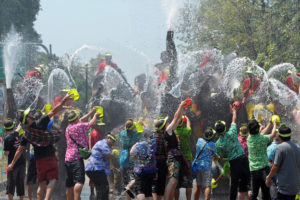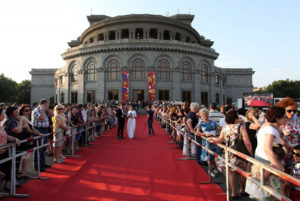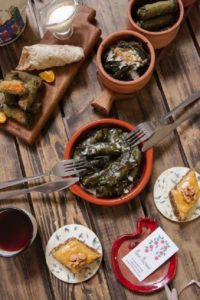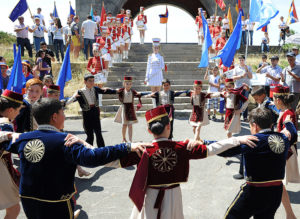
Navasard, the Armenian calendar’s first month.
The Navasard month has had 30 days which started on 11 August and ended on 9 September.
For ancient Armenians, the first day of Navasard (11 August) has been a social gatherings, festivals and celebrations day throughout history.
The Navasardian god in Armenian mythology was considered the protector of the crops and the feeder of the hungry.
His statue is currently standing in Bagavan, which is today considered a sanctuary to Pagans. Continue reading “Navasard”
